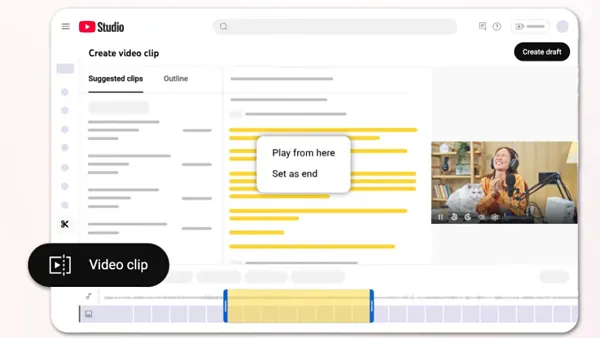It's a lot more than pressing a button (Image courtesy of memeburn.com)
Recently I got involved in a LinkedIn discussion thread that combined two interests of mine, social media and BMW maintenance. The BMW Group on LinkedIn is a fairly active one. It's also an open group, so this link should resolve to the thread even if you are not a member of LinkedIn.
The member who started the conversation identifies himself as the founder of Openbay, a Massachusetts based startup that aims to help consumers more easily and economically service their vehicles. The discussion promotes a recent company blog post on how to safely deal with a dead battery.
So far, so good. Promoting your business via social media channels is a sound strategy. I counsel clients on how to do this every day. However, this promotion fails in three areas and in my opinion could actually damage the Openbay brand.
Rule Number One -- Understand the Community
Promoting a new car maintenance service in a LinkedIn BMW group -- sounds good at first glance, right? But look a little deeper and a disconnect shows up pretty quickly. First, the information offered in the blog post being promoted is basic stuff, useful to the novice but very generic. The audience in the BMW Group is made up primarily of BMW enthusiasts (duh), who are primarily interested in BMW specific topics.
Additionally, a large number are interested in doing work on their vehicles themselves, so they are probably not a good prospect demographic for Openbay. Further, almost every issue on a BMW is complicated, with many members having strong opinions on the proper procedures.
Just such a debate spurred the comments to this thread. The conversation was around whether the engine in the vehicle charging the dead battery should be on or off, not about Openbay.
Rule Number Two - Respect Your Audience
Always be transparent in social networks, and try not to lapse into corporate speak if challenged. On the first point Openbay does well -- the poster is clearly identified as the founder of the company, and the posting leads with a pitch for the company.
Nothing wrong with that at all. However, when the information provided in the blog post is challenged, he keeps stressing how all they wanted to do was inform the public and start a debate online. Those are possible outcomes, but the purpose of the discussion was to promote Openbay.
And there's nothing wrong with that either! Leveling with the commenters on this point would have strengthened Openbay's position.
Rule Number Three -- Be Permission Based
The biggest mistake Openbay makes is cutting and pasting the comments from LinkedIn to their company blog without permission. This makes it appear as if the conversation was occurring on Openbay's blog, not LinkedIn. I'm not sure what LinkedIn's official policy is on this question, but permission from the commenter should be obtained first.
I can understand the temptation. I've got a number of clients who would prefer to have these conversations happen on their sites, not just inside LinkedIn groups. But the proper response is simply to ask the commenter if they would mind a reprint -- many are happy to say yes.
Openbay also attempts to censor the conversation by not repurposing any comments on their site that challenge their post in any way. None of them are profane or inappropriate, they simply challenge Openbay's expertise. This is not transparent and speaks to a desire to control the conversation, which will damage their brand in social media communities.
I pointed out to Openbay that they should ask permission from commenters before repurposing the discussion thread. After having answered every other comment directed to them, my comment was ignored. See Rule 2 above.
Based on the brief company description provided, the Openbay service sounds like a reverse auction process that could very well be useful to consumers in need of car maintenance and repair. If the company addresses the points above, it will be more successful promoting itself through social media channels.













